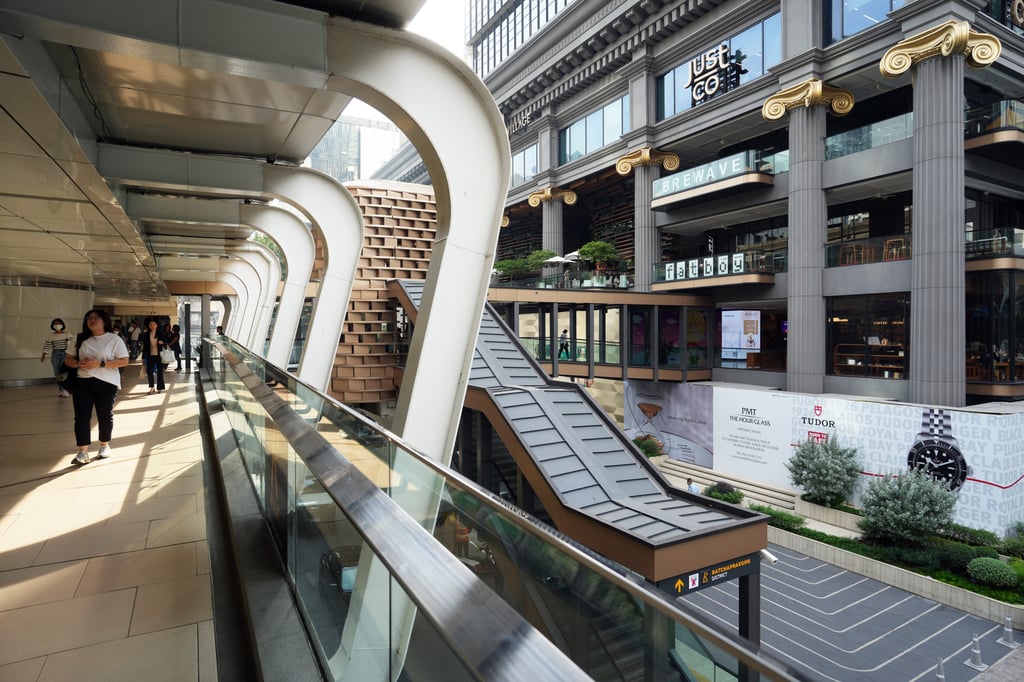When Tim Grassin sold his fintech start-up in the Philippines, he mapped out his next move the way any good analyst would: with a spreadsheet.
After comparing the region’s top destinations for remote workers, the French-Canadian entrepreneur landed on the Thai capital.
“Bangkok won,” he told This Week in Asia.
Drawn by its affordable healthcare, robust infrastructure and vibrant lifestyle, Grassin settled in the city in 2023 and eventually qualified for the Destination Thailand Visa (DTV) – a long-stay scheme introduced a year ago to lure digital nomads and revive Thailand’s post-pandemic economy.
Since its launch on July 15 last year, the DTV has attracted more than 35,000 applicants, according to official figures – a rare policy success for a government struggling to kick-start economic growth amid political and external headwinds.

Across Bangkok and beyond, this new class of long-stay foreigner permit is reshaping communities once geared solely towards tourists, clustering instead around co-working spaces, Thai boxing gyms, wellness centres and local cafes.


